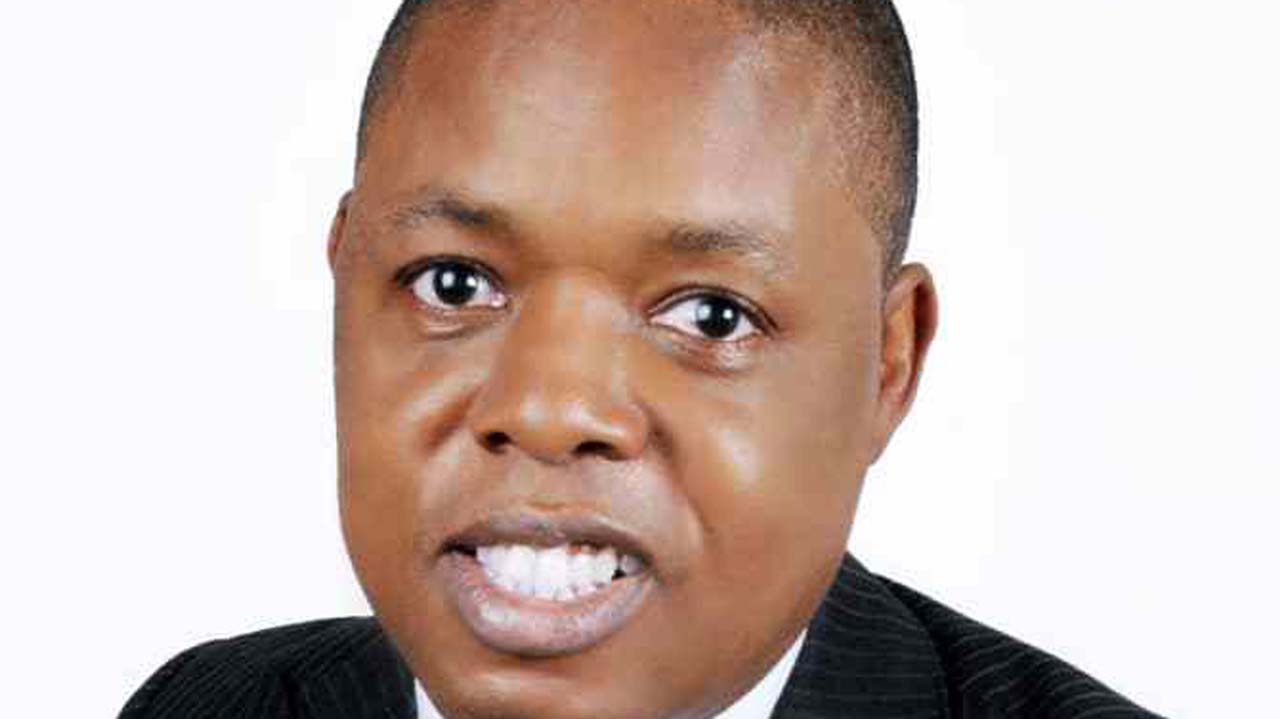
• ULC denounces alleged move by labour
• ‘FG to review salaries at CBN, customs, others’
• Experts seek adjudication on adjustment
The General Secretary of the Nigeria Labour Congress (NLC), Emmanuel Ugboaja, yesterday said labour did not issue any strike notice in anticipation of a failure to reach an agreement with the Federal Government on consequential adjustment of the minimum wage.
Making the clarification on the sidelines of negotiations in Abuja last night, he explained that what the initial statement issued said was that labour could not guarantee industrial peace, if, after October 16, 2019, the Federal Government does not reconvene the meeting for the adjustment.
Labour has other avenues to ventilate its grievances and strike would only be a last resort, Ugboaja maintained.Government and labour meanwhile yielded grounds in the negotiations yesterday, with talks scheduled to continue 2:00 p.m. today.Government moved up from 11 per cent for Grade Levels (GL) 07-14 and 6.5 per cent for GL 15-17 to a new offer of 17 per cent for GL 07-09, 15 per cent for workers on GL 10-14, and 12 per cent for GL 15-17. Also, labour’s team shifted from 29 per cent to 25 for GL 07-14 and 24 per cent to 20 per cent for workers on GL 15-17.
Speaking on the development, Acting Head of Service, Folashade Yemi, said: “We have had a very peaceful engagement. But we discovered that there are some grey areas that need to be ironed out. By the grace of God, tomorrow, discussions will continue and we believe that we will be able to get everything resolved.”
The position of the United Labour Congress (ULC) had further cooled off the heat of any impending strike. The move, according to the union, is ill-conceived.ULC President Joe Ajaero said: “Nigerian workers cannot be forced to negotiate from a position of weakness as in this case. Why would we want to go into a nationwide strike without mobilising all the national stakeholders and civil society organisations, market women, students, faith-based organisations, community associations etc.? Why the concerted effort to ensure that the critical sectors that would make for a successful strike are consciously sidelined?”
He maintained that ULC would not be part of an “exercise designed to hoodwink Nigerian workers and masses into believing that their interests were being championed while the contrary might be the case.”Historically, for any strike action to be called, both the Central Working Committee (CWC) and National Executive Council (NEC) of the two labour camps – Nigeria Labour Congress and Trade Union Congress (TUC) – must meet and empower the National Administrative Council (NAC) to oversee an effective prosecution of the action.
While the NLC needs a simple majority of NEC members to approve a strike, TUC requires above 80 per cent of NEC members to give an approval.The Guardian can confirm that none of these processes have taken place.Reacting, Timothy Olawale, Director General, Nigeria Employers’ Consultative Association (NECA), hoped for a National Industrial Court (NIC) ruling on the consequential adjustment.
“That is my expectation because a strike will do nobody any good. There is no way you can isolate government and propagate industrial action against government alone. If all critical sectors withdraw their services, it will affect the economy. It is the workers that will suffer the consequences,” he said.
Also, Andrew Nevin, Chief Economist, Advisory and Partner, PwC, advised the Federal Government to focus on pro-growth policies and rethink whether the minimum wage issue should be a national policy. “Every state has its own economic conditions. Perhaps the minimum wage should be decided at the state level,” he said.
Another expert on economic matters, Henry Boyo, argued that the new wage might not really meet the expectation of workers. According to him, if the government implements it across board, the country would have more people struggling.“We will have disposable income within the economy struggling. And when that doubles and is not created by any productive enterprise, the outcome would be rising inflation. There is inevitability that if the states and other government agencies decide to pay the new minimum wage, and work it out on a pro-rata basis across the spectrum of job class, it will be difficult for Nigerians to enjoy any infrastructural development, because it is not the quantum nominal value of income that is important but what it can purchase,” said Boyo.
In a related development, the Federal Government might review the wages of workers in the Central Bank of Nigeria, Nigerian National Petroleum Corporation, and Federal Inland Revenue Service, among others.Minister of Labour and Employment Chris Ngige, who disclosed this in Abuja when he received a delegation of the National Union of Local Government Employees (NULGE), also queried the payment of hazard allowance to state governors.
He faulted the calls for strike in some states even before dialogue had been exhausted. “That should not be. They should dialogue first and if it fails, they can talk of strike. Strike is not even the end of a dialogue,” he said.
The minister explained that the minimum wage is for persons on Grade Level 1 Step 1 and not for all workers. According to him, “The International Labour Congress has a fixing mechanism on the minimum wage and consequential adjustment. I don’t want labour to misinform workers. They should not be misinformed. Workers should know that this is consequential adjustment and not a holistic wage review.”



